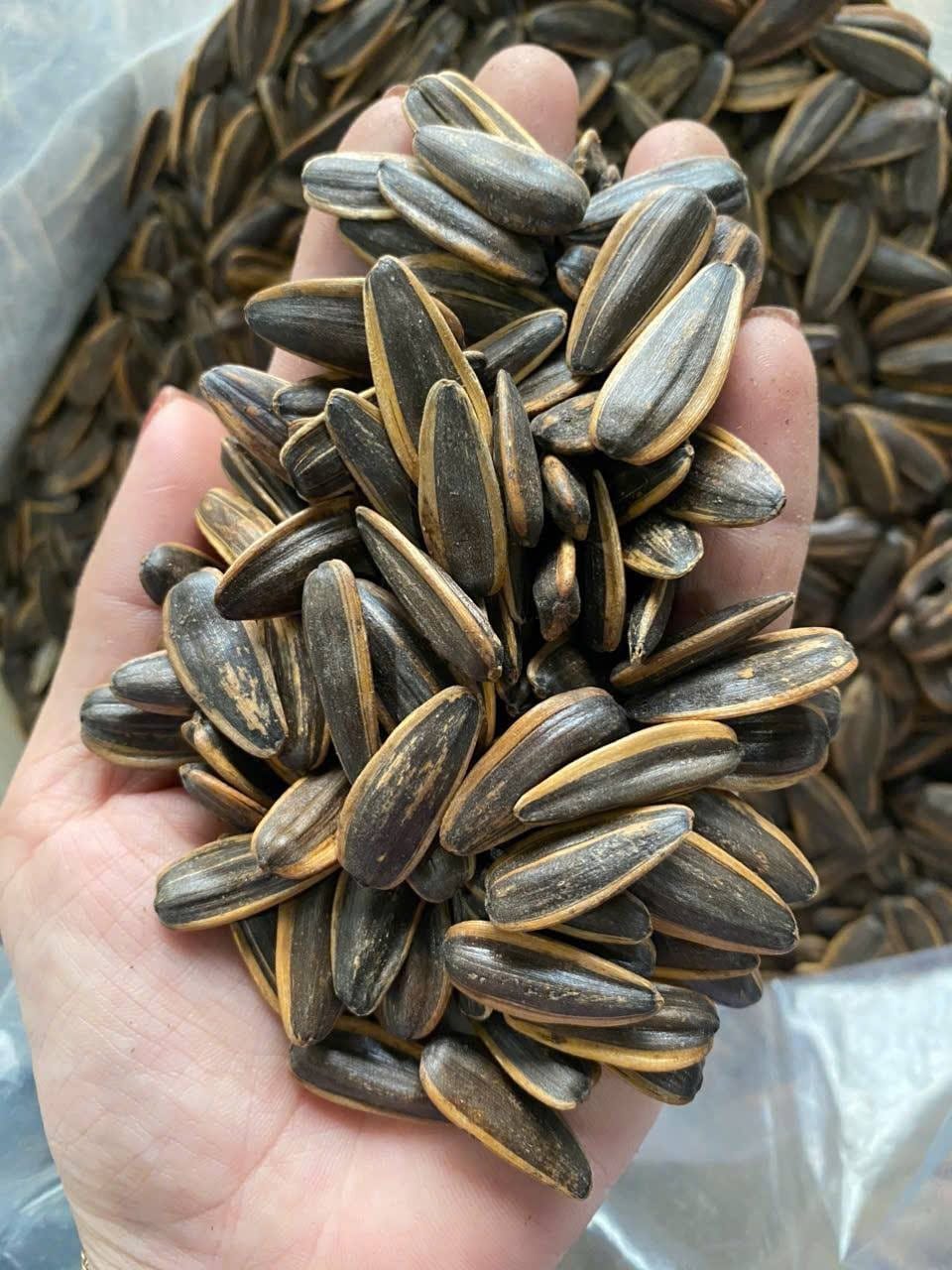ADVERTISEMENT
### **8. Sunflower Seeds Can Help Manage Blood Sugar Levels**
Research suggests that sunflower seeds can help manage blood sugar levels due to their high fiber and healthy fat content. The fiber in sunflower seeds slows the absorption of sugar into the bloodstream, preventing sudden spikes in blood sugar. Additionally, the magnesium in sunflower seeds plays a role in improving insulin sensitivity, which is important for managing blood sugar levels.
For individuals with diabetes or those looking to prevent diabetes, sunflower seeds can be a valuable part of a balanced diet. By helping stabilize blood sugar levels, they can support overall metabolic health.
—
### **How to Enjoy Sunflower Seeds Safely and Effectively**
Now that you know some important facts about sunflower seeds, here are a few tips on how to incorporate them into your diet in a safe and effective manner:
1. **Choose Unsalted Varieties**: To avoid excess sodium, choose unsalted sunflower seeds or lightly salted options. If you prefer to roast your own seeds, use minimal salt.
2. **Control Portion Sizes**: Sunflower seeds are calorie-dense, so it’s essential to watch your portion sizes. Stick to 1 ounce (about a small handful) to keep your calorie intake in check.
3. **Pair Them with Other Foods**: Sunflower seeds are great on their own, but they also make an excellent addition to salads, yogurt, oatmeal, and baked goods. Pairing them with other whole foods can enhance the nutritional profile of your meals.
4. **Store Properly**: Sunflower seeds can go rancid if not stored properly. Keep them in an airtight container in a cool, dry place, or refrigerate them to extend their shelf life.
5. **Avoid Overconsumption**: Due to the high omega-6 content, it’s important to balance your intake of sunflower seeds with omega-3-rich foods to avoid creating an imbalance in your fatty acid intake.
—
### **Conclusion**
Sunflower seeds are more than just a tasty snack. They offer a range of health benefits, from providing essential nutrients like vitamin E and magnesium to supporting heart health and managing blood sugar levels. However, there are a few important facts you should know before incorporating them into your diet. Whether it’s being mindful of sodium intake, avoiding overconsumption of omega-6 fatty acids, or being cautious with allergies, understanding how sunflower seeds impact your health is crucial for enjoying them safely and effectively.
By being aware of these facts and following best practices, you can make the most of this healthy snack while reaping the many benefits it has to offer. So next time you’re reaching for a handful of sunflower seeds, remember these insights to ensure you’re getting the most out of this nutritious treat.
